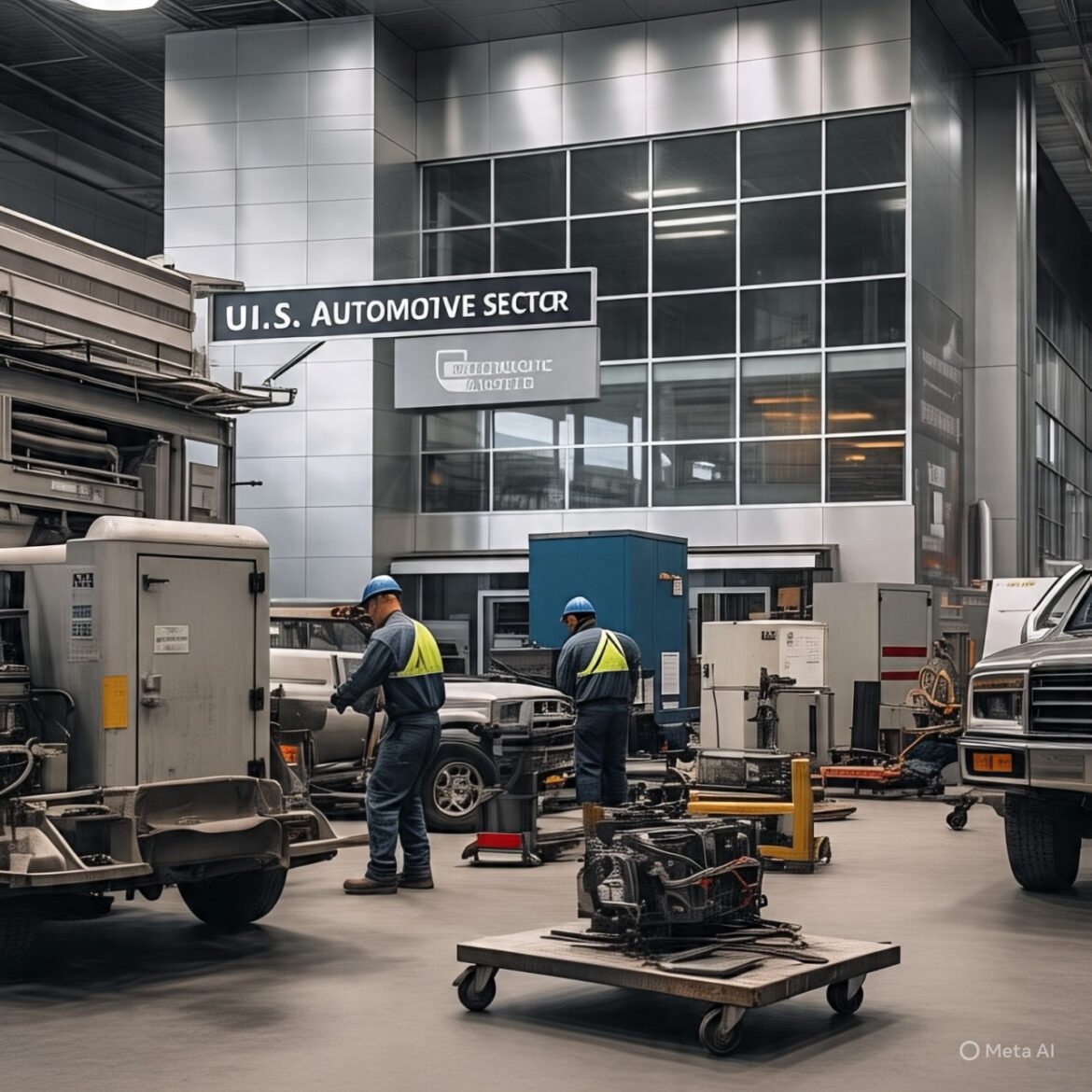1. Introduction
The U.S. automobile sector is undergoing a massive shift after the passage of the One Big and Beautiful Bill (OBBA). Passed recently under the leadership of President Donald Trump, this bill alters how businesses—especially those in the auto and EV segments—will operate in the American market.
Table of Contents
- Introduction
- What is the OBBA Bill?
- Impact on the U.S. Auto Industry
- Early Termination of EV Tax Credits
- Tariff Implications for Automakers
- Effects on Global Trade & Supply Chains
- Semiconductor & Battery Sector Expectations
- Reactions from Global Manufacturers
- Future of EV Sales in the U.S.
- Conclusion
- FAQs
With growing pressure from rising tariffs and the sudden change in EV incentives, automakers are facing both strategic opportunities and economic challenges.
- What is the OBBA Bill?
The One Big and Beautiful Bill (OBBA) is a landmark legislative initiative introduced as part of Trump’s economic agenda. The bill has passed all voting stages in Congress and has become law. It introduces changes to the Inflation Reduction Act (IRA) and affects a wide range of industries, particularly those dependent on tax incentives and foreign imports.
One of the most impactful aspects of the OBBA is its revision of the EV tax credit timeline, which is causing major disruptions in the planning of automakers.
- Impact on the U.S. Auto Industry
The U.S. auto industry is highly sensitive to government policy, especially when it comes to trade tariffs, environmental regulations, and EV-related tax incentives.
Under the OBBA bill:
- Automakers may lose billions in EV purchase incentives
- Cost of components may rise due to increased import tariffs
- OEMs (Original Equipment Manufacturers) may reconsider their U.S. investment strategies
- Early Termination of EV Tax Credits
Originally, the (IRA) had promised EV tax credits till 2032 Inflation Reduction Act . This allowed EV manufacturers like Tesla, Ford, GM, and Hyundai to scale production while offering consumers attractive discounts.
But now, with OBBA, these credits are set to expire by September 30, 2025 — 7 years earlier than expected.
Implication:
- Short-term spike in EV sales expected before the deadline
- Long-term EV affordability may drop, hurting mass adoption
- Budget EVs could become expensive and lose competitiveness
- Tariff Implications for Automakers
The OBBA bill also includes increased tariffs on auto parts, particularly those imported from:
- China
- Mexico
- South Korea
This raises the production cost for:
- Battery cells
- Semiconductor chips
- Steel components
- Transmission systems
This could lead to higher retail prices for consumers and reduced margins for automakers.
- Effects on Global Trade & Supply Chains
Global manufacturers like Toyota, Honda, BMW, and Hyundai rely heavily on supply chains that span multiple countries. Tariff hikes disrupt these networks, forcing companies to:
- Reorganize manufacturing hubs
- Shift sourcing to non-tariffed regions
- Consider reshoring or near-shoring
Companies may also delay new model launches due to rising costs.
- Semiconductor & Battery Sector Expectations
While the auto industry is under pressure, the semiconductor and battery industries are cautiously optimistic.
- Semiconductor makers in the U.S. might benefit from onshoring production
- Battery producers could gain from domestic investments and subsidy extensions not covered under EV credits
This shift could encourage local manufacturing and reduce dependence on China.
- Reactions from Global Manufacturers
Hyundai & Kia: Worried about losing competitiveness due to early EV credit termination
Volkswagen: Considering shifting production focus to EU markets
GM & Ford: Demanding revised credit timeline and relief from sudden tariff hikes
Toyota: Exploring new hybrid models to offset EV losses
These reactions indicate a reshuffling of investment priorities, which could alter job creation patterns and factory locations in the U.S.
- Future of EV Sales in the U.S.
In the short term, EV sales are expected to surge as customers rush to buy before the credit deadline. But post-September 2025, demand may:
- Drop significantly for budget and mid-range EVs
- Shift consumer interest back toward hybrids or gasoline models
- Increase pressure on automakers to offer price cuts, which could hurt profitability
Smaller EV startups may suffer the most, as they lack the cash reserves to navigate sudden regulatory changes.
- Conclusion
The OBBA bill, while politically strategic, brings mixed results for the American and global automobile industry. While the battery and semiconductor sectors may find new ground to grow, traditional and EV automakers face a complex and uncertain future.
Policy clarity, long-term support for sustainable technology, and tariff consistency will be essential for ensuring that the U.S. remains competitive in the global auto arena.
- FAQs
Q1. What is the OBBA Bill?
It’s a legislative reform introduced under President Trump, impacting tax credits and import tariffs, especially in the auto and EV sectors.
Q2. When will EV tax credits end under OBBA?
As per the new guidelines, EV tax credits will end on September 30, 2025, instead of continuing till 2032.
Q3. How will tariffs affect automakers?
Rising import tariffs will increase manufacturing costs, possibly raising prices for consumers.
Q4. Will battery and chip industries benefit?
Yes, OBBA promotes domestic manufacturing, which could favor local chipmakers and battery producers.
Q5. What should consumers do?
If planning to buy an EV, do it before September 2025 to avail the full tax benefit.


